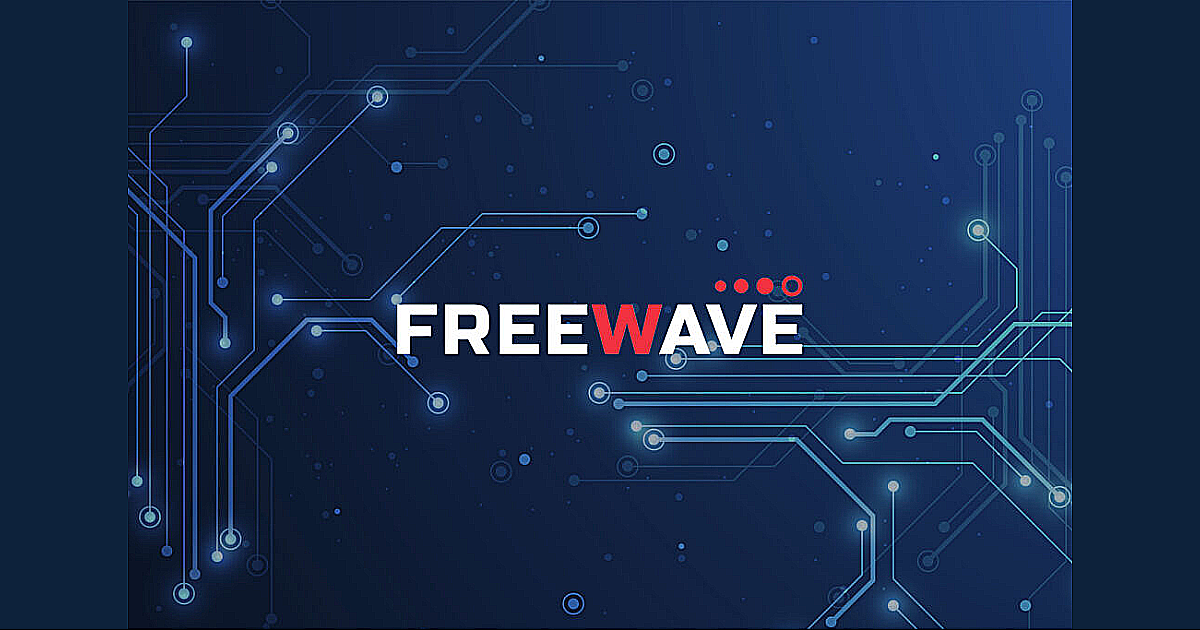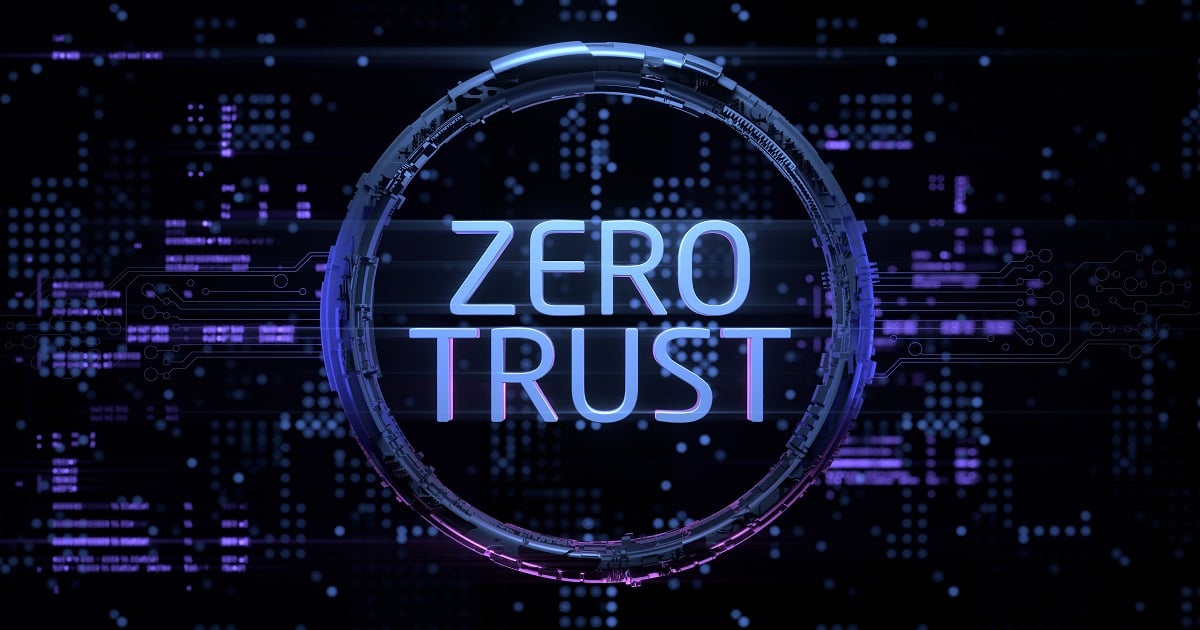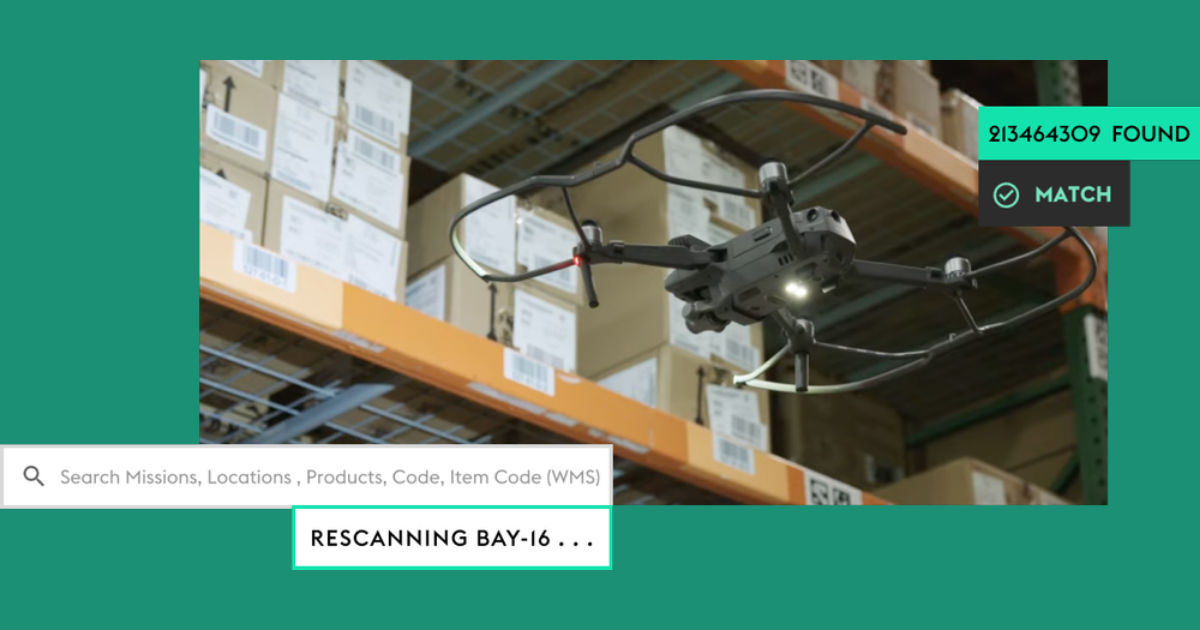
The internet itself represented a seismic shift in the way human beings carry out many daily activities. Now that the IoT is bringing connectivity to supply chains and giving us unprecedented access to “big data,” as well as the smallest of details, managing the dizzyingly complex global supply chain is finally getting the technological upfit it’s always deserved.
It’s not a far-future concept — IoT technology is already bringing greater flexibility and accountability to SCM in many ways. Here’s a look three of them.
Asset Tracking: Tracking assets is the most obvious application for IoT in the supply chain. RFID tags and chips, along with global SIM cards, are helping supply chain managers, vendors and support entities keep a closer eye on their shipments. Not merely with batch or skid numbers, either, but now with extremely detailed data down to individual products.
One implication is the ability of managers to make up-to-the-minute decisions about equipment movement and shipment rerouting based on movement and environmental data gathered out in the field.
In a world that depends on the timely movements of products, medications and vaccines, tracking shipments and other products in real-time has never been more critical. And now, for just a penny per product in some cases, granular insight is more accessibly priced than ever.
Fleet Management: The other side of the coin from tracking one’s product shipments is tracking one’s vehicles and fleets.
Many of the same predictive tools providing insights about product shipments can provide similar insight into the ideal placement of trucks on delivery routes, patterns in vehicle usage and fuel consumption and even the condition of parts within these vehicles. Some commercial fleets involve the movements of hundreds of vehicles, including trucks, vans, barges and even freelance or third-party couriers.
Up until the IoT broke into the mainstream business community, managing the placement and movement of all these “pieces” on the “board” fell to human management, along with the whims of traffic and weather disruptions. Additionally, the condition of products could only be verified upon delivery and testing. But with the IoT, it’s possible to gather insights about the condition of products while they’re still in transit, thanks to internet-connected sensors and other IoT devices.
It’s all possible thanks to sensors, GPS, Bluetooth, NFC and RFID, as well as predictive analytics and machine learning in back-office business tools. Managing the supply chain ballet has never been smoother or more agile in a changing business landscape and an even faster-changing world.
Communications With Vendors: Managing supply chain activities requires greater cooperation between partners than many other businesses, and it’s not hard to imagine why. A recent IBM whitepaper claimed up to 65 percent of the value of a company’s products or services is derived from suppliers. Supply chain vendors and material handlers know this better than anybody — the robustness of your business processes depends quite a bit on how well you communicate with your partners.
For the reasons we’ve already mentioned, the IoT is bringing unprecedented changes to communication and transparency in SMC and everywhere else in modern business. If RFID tags or SIM cards can keep one partner informed about product shipments or unbalanced delivery routes, it can do the same for every vendor upstream and downstream in the supply chain.
In other words, the fundamental structure of the IoT is the decentralization of business knowledge and insights — along with decentralized decision-making. In the year 2014, when polled, 80 percent of Fortune 500 companies indicated they relied on third-party logistics companies to keep their operations running smoothly.
The arrival of IoT into this equation is fascinating on two levels:
- IoT devices can provide greater oversight and accountability in the sometimes-fraught relationship between manager and vendor. IoT is a shared point of reference, in other words — and a considerable step toward easier communication and effortless transparency.
- The other side of that argument is that the IoT provides both a variety and a depth of insight that could render some of these third parties — and even some in-house personnel — obsolete. In a global economy already under some duress from automation, that means growing pains.
Thankfully, so far, humanity has weathered every major industrial revolution and technological disruption with characteristic style and inventiveness. For supply chain managers and vendors, the opportunities and even the worries that come with the pivot to IoT should be more of the same.
Edited by
Ken Briodagh





